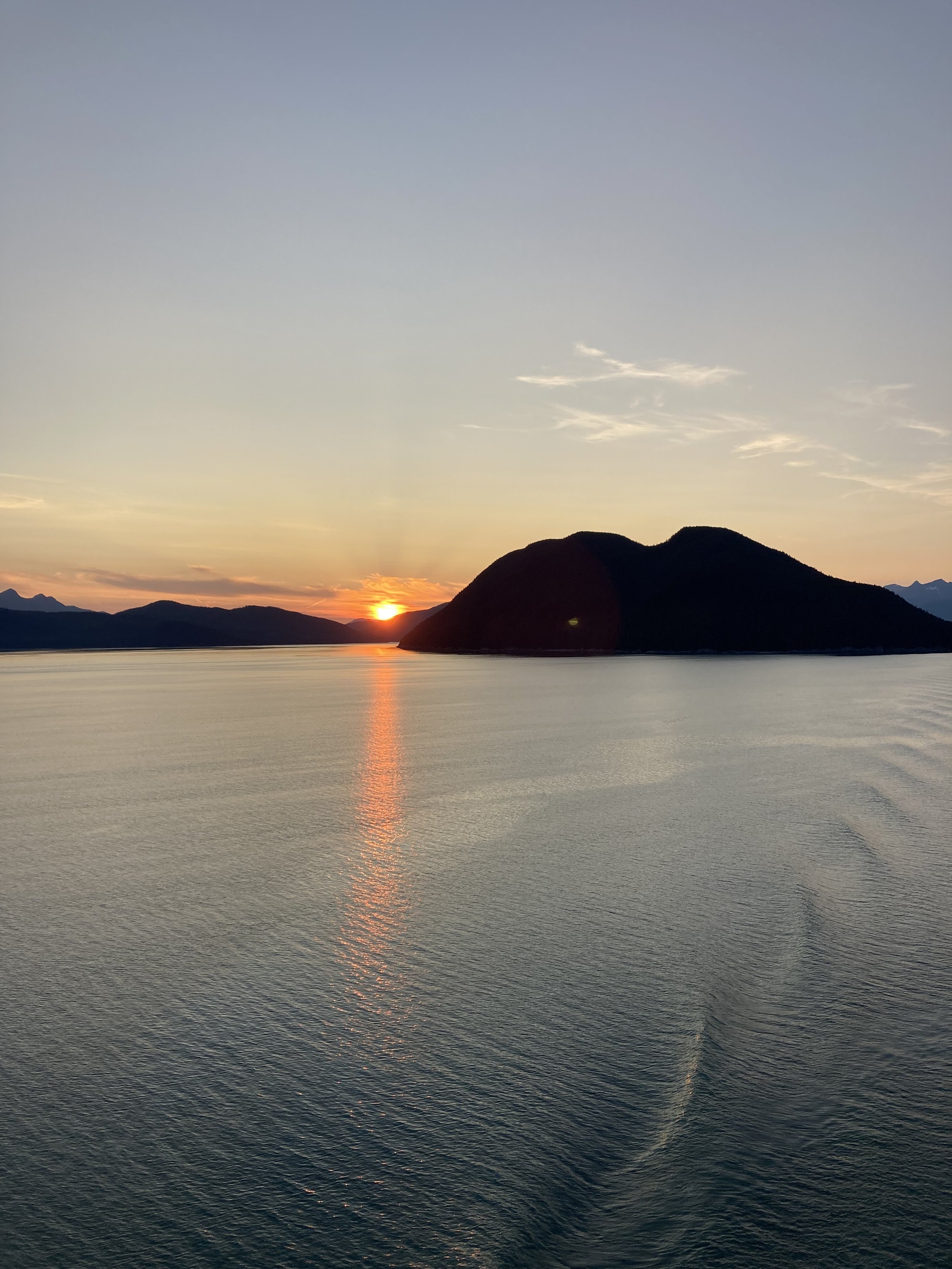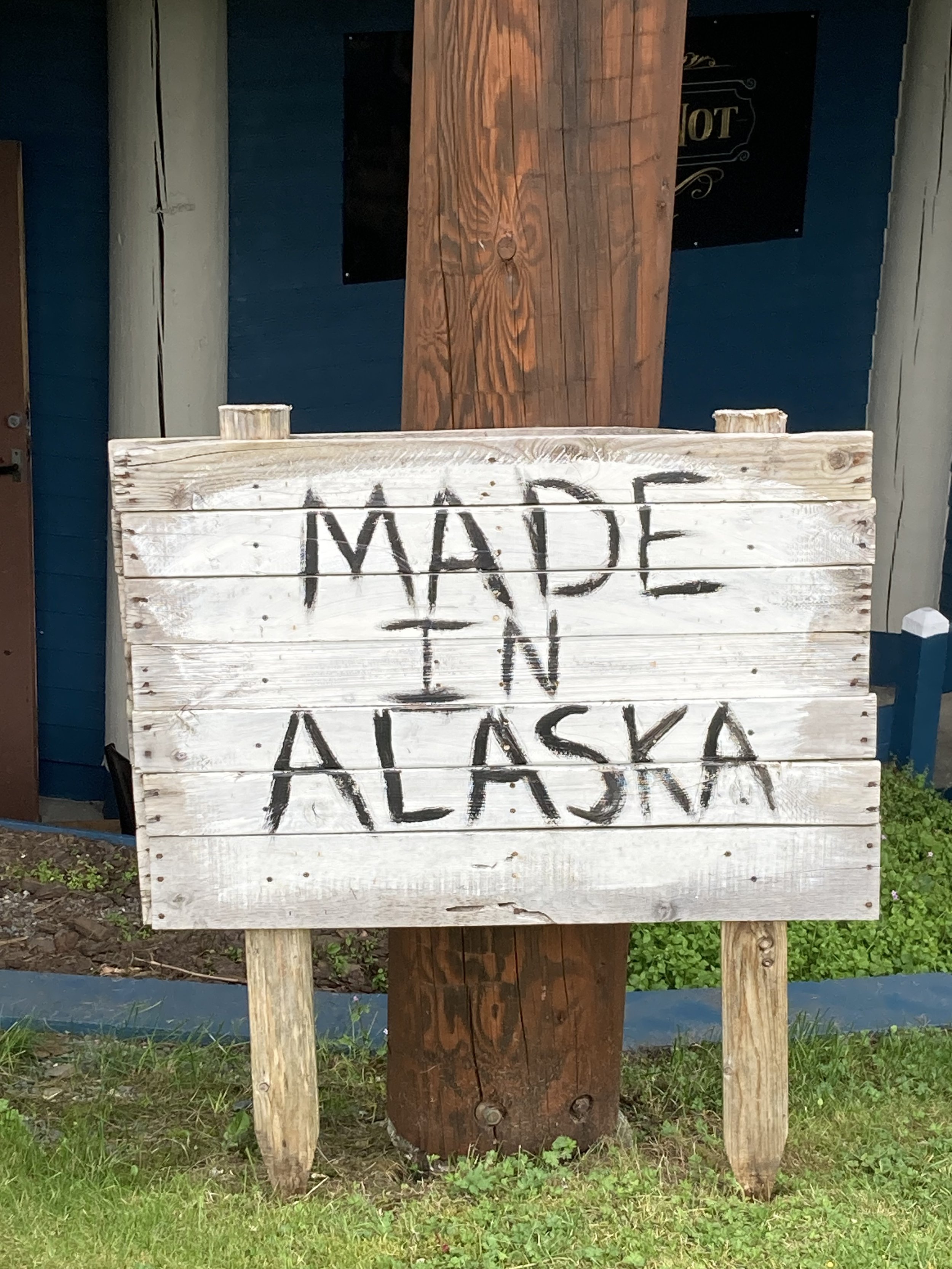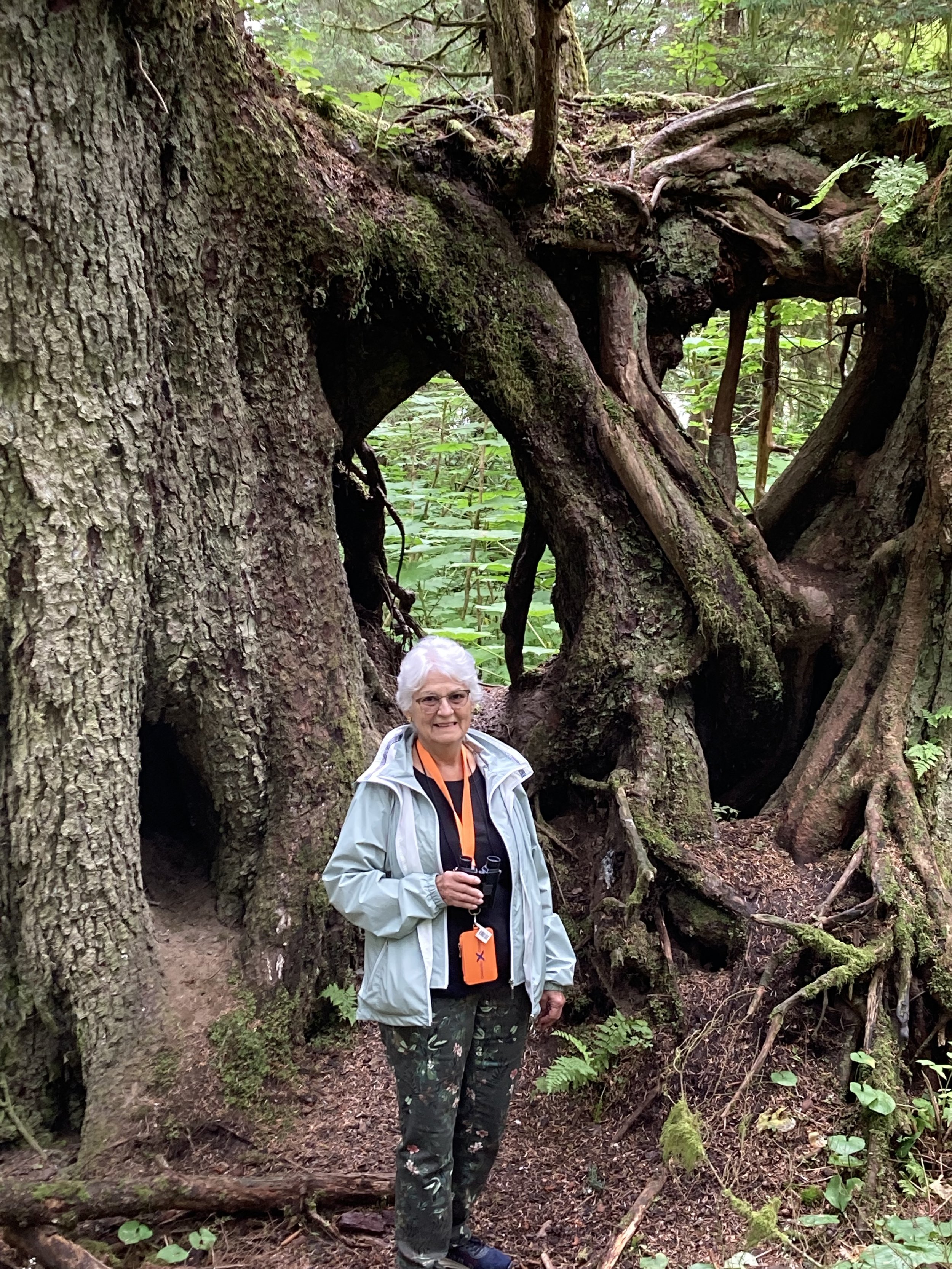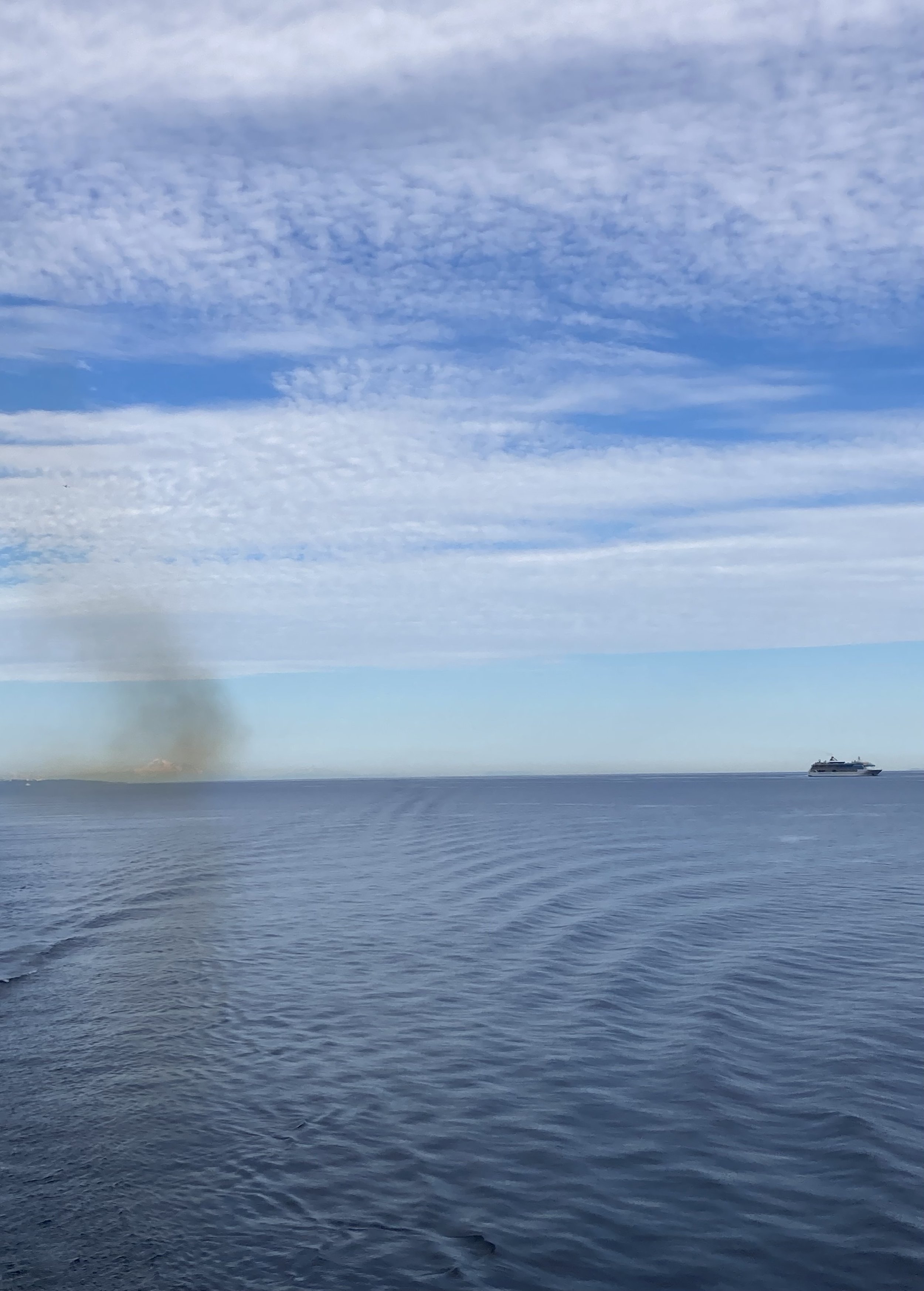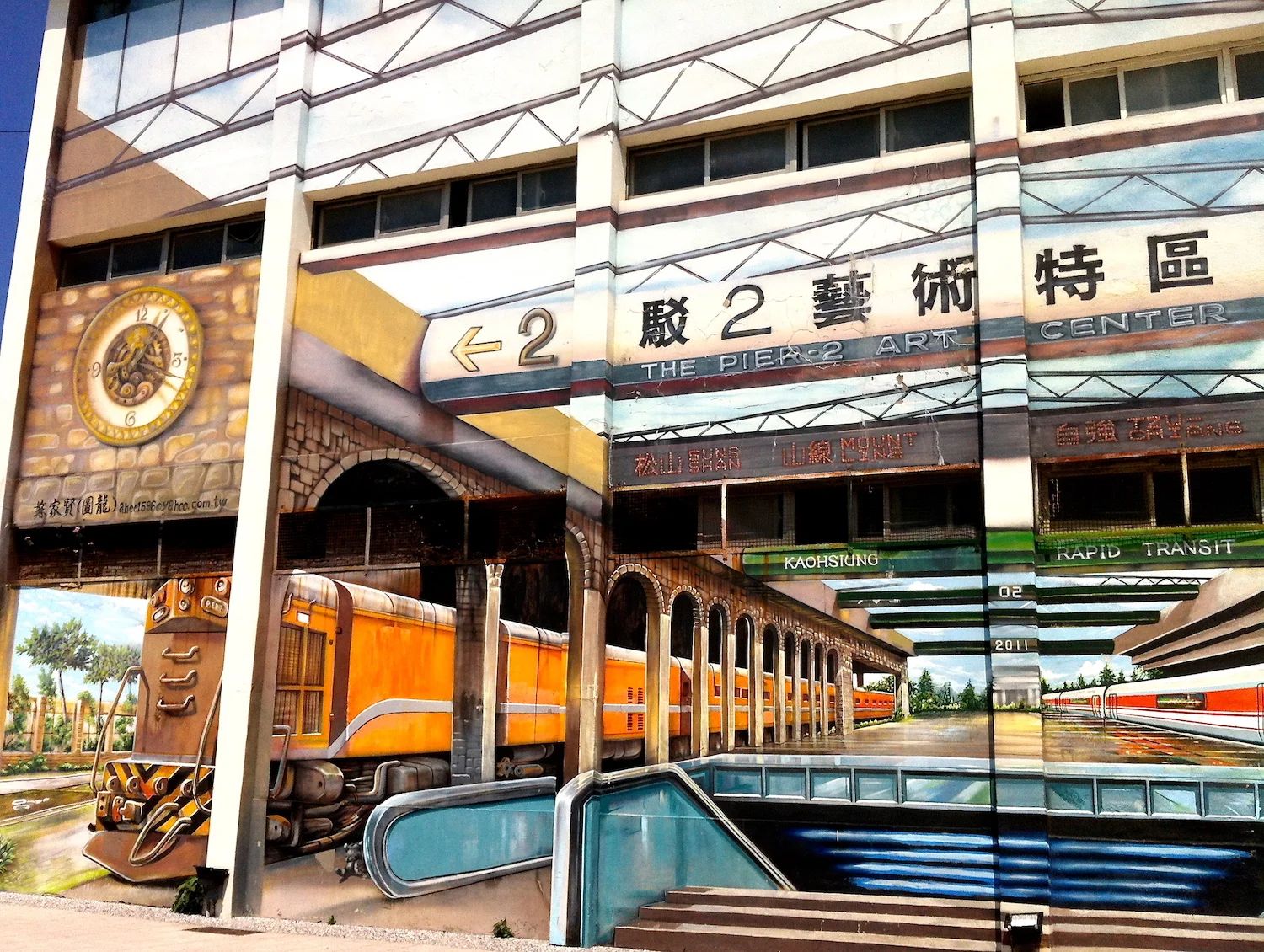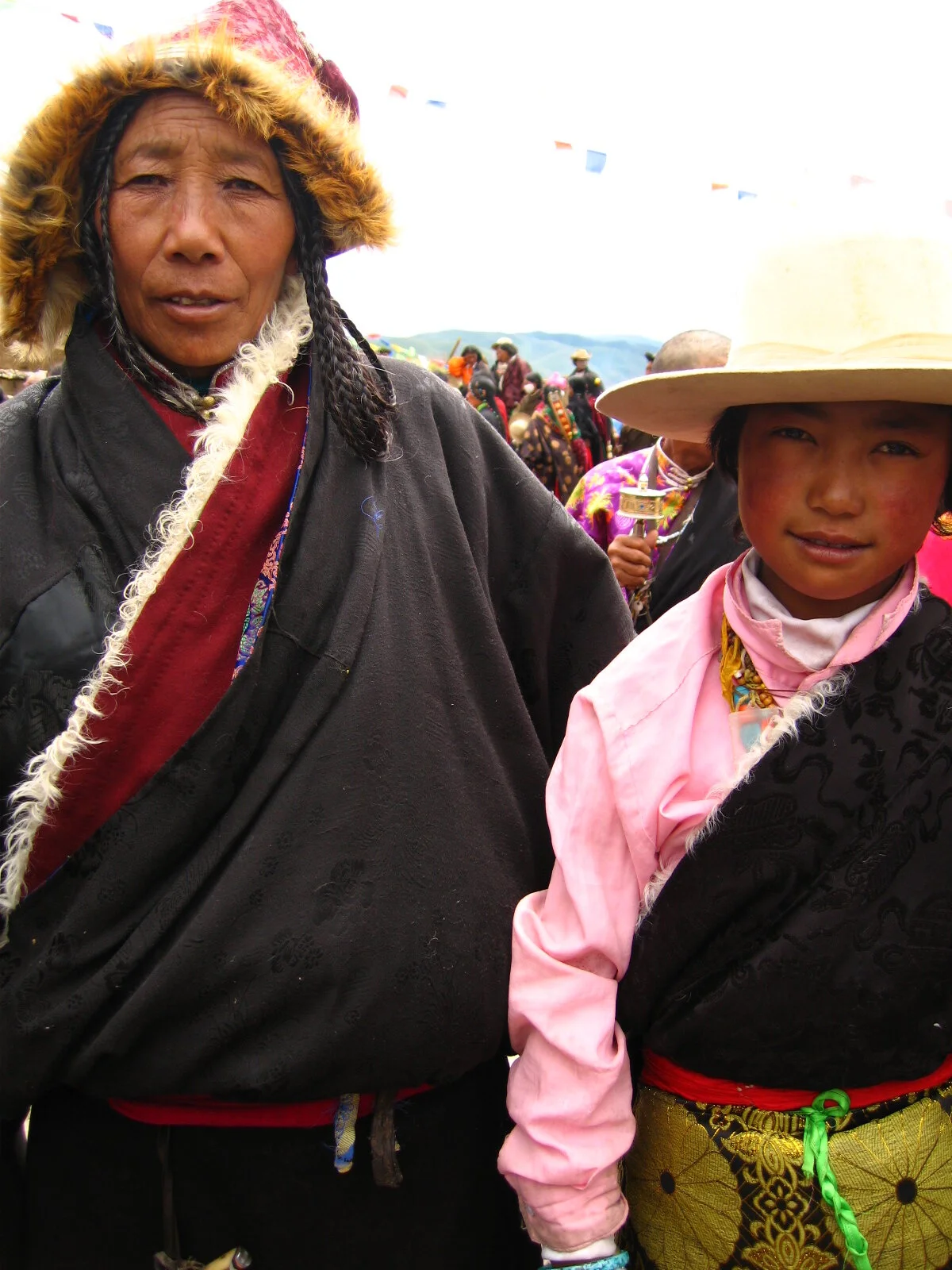Cruising Conundrums: Where Ethical Tides and Comfort Collide
By Chris Pady
“Good morning, sir! How are you today?” asks the hostess, a little too cheerfully, as she greets me at the entrance of the OceanView Cafe. I mutter that I’m fine and manage to ask her how she’s doing in return, although I can’t match her enthusiasm after a late night at the disco. Before entering the cafe, I take a deep breath and brace myself for the chaos ahead: morning buffet on a cruise ship carrying thousands of passengers.
How did I end up here, captive on this floating mega-resort, for the next seven days?
For the record, this trip wasn’t my idea. My mom’s dream was to take her two boys—me and my older brother—on an Alaskan cruise, and I wasn’t going to crush her dream by refusing to go. Normally, I associate travel with exploring new places, interacting with locals, and being spontaneous. Cruises and resorts, on the other hand, are about sticking to schedules, planned encounters, and behaving predictably.
The last time I was in a resort-like environment was during Spring Break of 1987 on a family trip to the Dominican Republic. Ironically, it was also during that trip that I had an experience that would alter my approach to travel for the next 30+ years, keeping me well away from any destination that used the term ‘all-inclusive’ in their marketing.
Over the week, my parents had befriended the bartender, Freddy. I won’t ever be privy to the details of the conversations that took place between them beforehand; what I do know is that on our final day before leaving, I found myself on the back of a scooter, arms clinging to Freddy’s waist, heading out of the resort’s front gates while my brother, 18 at the time, rode another scooter next to us.
Freddy was taking us on a trip to see his family home. No parents. No cell phones to keep in touch. Apparently, just a huge amount of trust.
Outside of the resort’s town, Puerta Plata, we slowly and deliberately navigated around the giant potholes pockmarking the road. As a passenger whose only job was to hang on, I soaked in the foreign, tropical landscape unfolding before my eyes. For a privileged kid raised in one of North America’s first planned suburbs, this was an eye-opening and transformative experience.
We passed through several small towns and villages. Locals simply stared, shy but curious, as we rolled past their basic housing. Until that moment, poverty had been a concept I had only read about in social science textbooks. Now, I was staring directly at poverty—extreme poverty—and to this day, I can still recall how uncomfortable it made me feel.
We also received smiles and waves from the barefooted children wearing Toronto Blue Jays jerseys with “Bell” and “Fernandez” written on the back. As a Toronto boy, I often paid $5 at Exhibition Stadium to stand in the bleachers and watch a Jays game with my friends. It was a normal activity for me, one that I very much took for granted. I imagine those kids waving would have sacrificed just about anything to be able to watch their national heroes play.
Several hours later, we rolled up to Freddy’s house. His entire family—all ten of them spanning multiple generations—came outside to greet us. While the details of the house and the faces are vague after all these years, I remember thinking to myself, “They all live here? In this tiny place? How can they be so happy?’ Because I also recall a feeling of warmth and happiness during that encounter.
That powerful experience later ignited within me a burning desire to explore foreign lands and meet different cultures, eventually leading me to remote areas in Kenya and Tibet. The kind of travel that is the direct antithesis of the comforts flaunted by resorts.
And yet, here I am, on a floating resort (Vegas with a hull), queuing up for the omelet bar at the frenetic morning buffet.
And yet, with sincere apologies to my younger, idealistic self, this cruise experience would end up far exceeding my expectations. Whisper it, but I had a great time!
And yet, important ethical questions about this type of travel remain.
Throughout the trip, questions like ‘How well are the staff treated and compensated?’ and ‘How is all the uneaten food disposed of after every meal?’ began nagging at my conscience.
Our boat had an overwhelming majority of Filipino staff, with a sprinkling of other cultures (I know because they all wore name tags displaying their first name and country of origin). Without exception, every single staff member was pleasant and accommodating. And from what I observed, most of the passengers were respectful and nice to staff in return—though I suspect this wasn’t always the case. Also, I have no idea what their living conditions on the ship are like; one can only hope they are decent. Maybe the cruise was a great gig for the staff, but I couldn’t be certain.
What about the mustard-colored, toxic cloud of smog that lingered ominously behind the ship for the entire trip? We were not exactly doing such a pristine environment any favors, especially considering we were one of three ships navigating the same waters.
And yet, I would be lying if I didn’t admit to enjoying myself. I connected with my family, enjoyed beautiful scenery and wildlife, and took advantage of the many comforts and entertainment. In short, it felt like a real vacation.
Despite my positive experience, I will still choose the more adventurous, eco-friendly mode of travel over a resort-like experience if given the choice. But would I toss my moral compass overboard to go on another cruise? You might just be able to twist my middle-aged, sold-out rubber arm.


